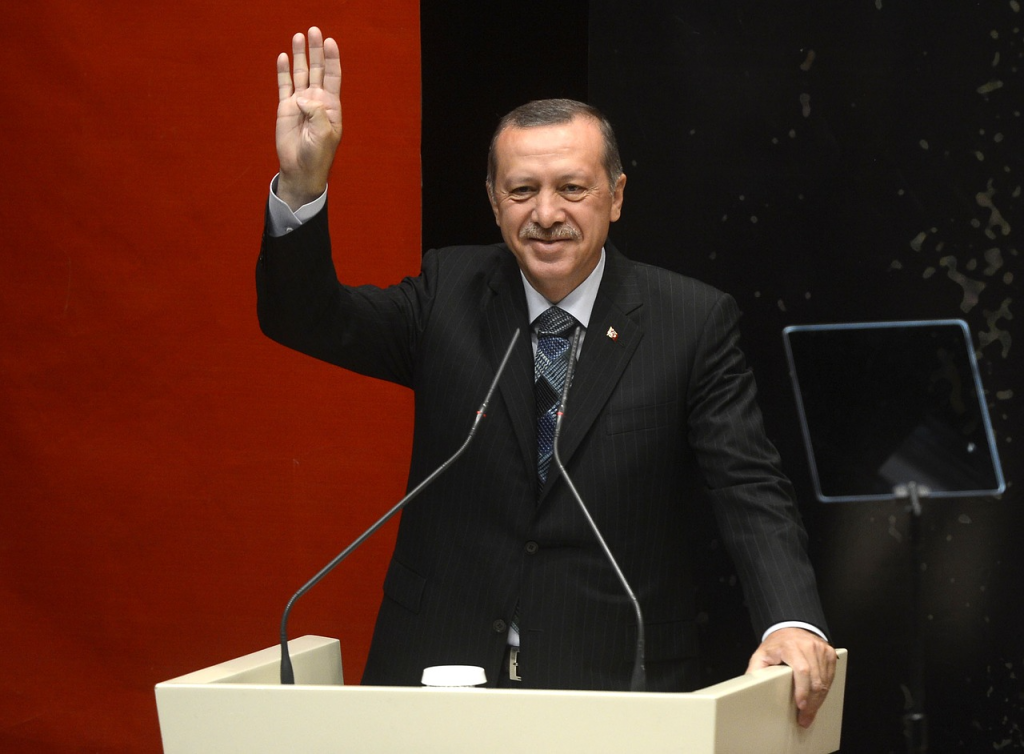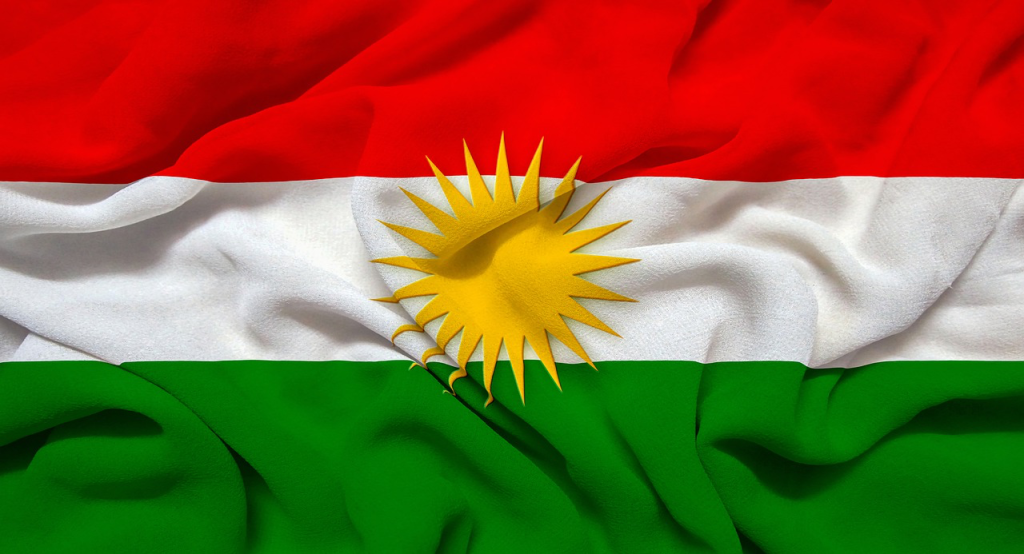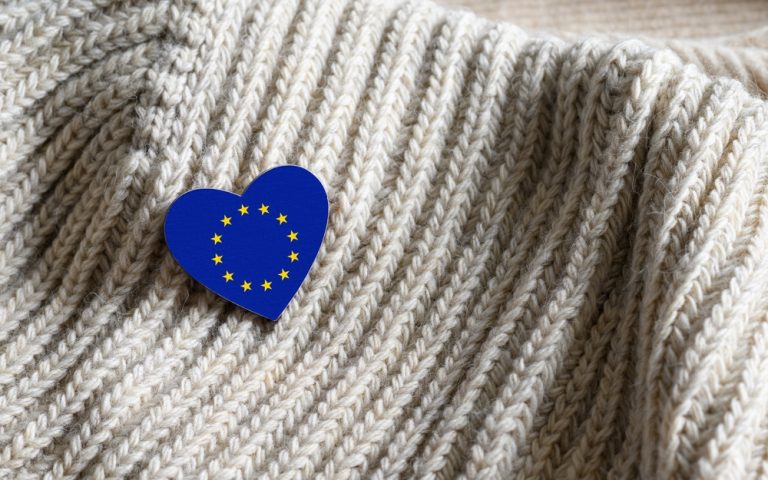
Recep Erdoğan remains on top of his game: the public accepts high inflation for the sake of real economic growth and Turkey’s great future
Recep Tayyip Erdoğan may be perceived in different ways, but it is obvious that he has a political talent that has enabled him to emerge victorious from the dangerous adventures he often arranges himself. In recent months the Turkish government has shown to be quite effective and capable of holding its ground. While recently many wrote Erdoğan off, now the situation with his ratings is changing in a positive direction – there is no doubt that he will win the presidential elections in 2023 with a support between 42 and 44%, and with administrative resources behind him. Even though 2-3 months ago the opposition was saying that whoever goes into the elections will defeat the incumbent President. Now, however, the optimism of his opponents in the Republican People’s Party is no longer as strong. Erdogan has good prospects of staying in office for another five years. So, what were the Turkish president’s difficulties and how does he manage to overcome them?

The main problem of Turkey that has been bothering Erdoğan for the past year is the financial and economic crisis in the country, which is expressed in hyperinflation, resulting in regular increases in the prices of all goods and services. This led to protest sentiments, especially among the opposition-minded urban population. The threat was not only in Erdoğan’s electoral problems in 2023, but also in potential public protests and the aggravation of the situation. The most interesting thing is that this development is the result of a deliberate monetary policy of Recep Erdoğan himself, who wanted to attract additional investment in the real sector, sacrificing pricing policy. In October the annual inflation rate in Turkey was close to 90%. According to the country’s Statistical Institute, the figure was 85.51%, and just within one month the increase in consumer prices reached 2.06%. Turkish Finance Minister Nureddin Nebati expected in the summer that the cost of goods and services would fall sharply in the second half of the year, with inflation at 48-49%, and only about 20% by the end of 2023. Even then, he noted that the option of lowering the discount rate, which would reduce investment and business activity, was not considered. In this context, his statements looked very populist and predictably failed. There were other economic data and forecasts that showed, from the opposition’s point of view, that Erdoğan’s economic policies were wrong and would lead the country to ruin. However, Erdoğan was clearly on his own path, where the development of the real sector was for him the real “sacred stone” that required sacrifices.
The Turkish lira exchange rate went down sharply after a series of key rate cuts since 2018, and the Central Bank went under pressure from President Recep Erdoğan. The key rate of Turkey’s central bank is currently 14%. Turkey experienced a record pumping of the money supply, which naturally led to an economic crisis in the country. The Turkish leader adheres to an alternative economic theory according to which lowering the rate makes it possible to fight the rise in prices through cheap credit to production. He also explains his actions by saying that the real economy, which will develop under a policy of cheap credits, is more important than “abstract” financial stability. In this scenario, after reaching a certain level of development, prices will go down in any case, but it can take some time. From a populist religious point of view, he justifies his actions with Islamic values and the “fight against usury”. Because of these policies, he has repeatedly clashed with professional ministers from his own government, and he replaced three heads of the Central Bank of Turkey since 2018. Nevertheless, his economic stance remains unchanged. And, as the pre-election situation shows, his conservative voters are willing to endure hardship for the sake of their country’s greatness. Although for Europe, where the national spirit is dying and people think only in practical categories, such behavior seems illogical.
Erdoğan has been able to improve his position far beyond the adoption of his peculiar economic policy. He has also pursued a rather populist and aggressive course in foreign policy, which the Turks very like. Back in March, Ankara announced that it would not avoid or postpone the planned military operation against the Kurdistan Workers’ Party (PKK) in northern Syria and Iraq, which entered an active phase back in the summer. Despite criticism from the U.S., which is the guarantor of Iraqi Kurdistan’s security, Erdoğan is unyielding and demonstrates loyalty to Turkish interests and independence from Western countries, which is also much appreciated by his conservative electorate. Public sympathy for Erdogan’s actions began to grow after the November 13 attack on Istiklal Avenue in Istanbul. Turkish Interior Minister Süleyman Soylu, commenting on the investigation, said that the bombing was organized by the Kurdistan Workers’ Party and its Syrian branch, the Democratic Union Party.

Another side of Erdoğan’s success is the pressure on the Scandinavian countries under the threat of blocking their accession to NATO. Sweden extradited to Turkey the first member of the Kurdistan Workers’ Party (PKK), which Ankara considers a terrorist organization. Thus, Stockholm has begun to implement the memorandum of NATO membership signed with Turkey, which provides for the extradition of persons whom Ankara considers terrorists. From 2019 to 2022, Ankara sent 16 extradition petitions, and Stockholm approved only three of them. After the memorandum was signed, however, steps began to emerge that signaled an acceleration of the process. Having reached a shaky agreement with Finland and Sweden, Turkey unblocked their NATO applications. However, the Scandinavians are still far away from full membership in the alliance: President Recep Tayyip Erdoğan has left himself enough room for maneuvering and political bargaining with both these countries and the United States. Ordinary Turks cannot dislike such imperial power. In addition, Erdogan has also shamed European liberal ideals of “human rights” by showing that his will is above these abstract notions.
Also, Erdoğan raised his international profile by acting as an intermediary in negotiations on the supply of Ukrainian grain. On July 13, delegations from Russia, Turkey, Ukraine, and UN representatives met in Istanbul to discuss Ukrainian grain exports, resulting in the signing of a so-called “grain deal”. Its guarantor is Erdoğan, who positions himself as a world-class politician and savior of Africa from famine. This cannot but please the ego of the Turks, and from an economic point of view, the country now earns good money in the role of intermediary between Russia and European countries. Thus, the Turkish leader can reduce social tension and mobilize loyal patriotic groups. Erdoğan is trying to act in a populist way. His economic plan has not yet been fully implemented, and therefore the key areas for him are the humiliation of Sweden and Finland within the framework of their accession to NATO, demonstrative extradition of Kurdish activists and Turkish opposition (“Gülenists”), and successful military operations against Kurdish formations in Syria and Iraq. This may look like naive populism to a European or an American, but Turks believe in a fairy tale and a brighter future. Only the future will show who was right: the modernist and imperialist Erdoğan or the European bureaucrats, who have completely forgotten the concept of national interest.


Thanks for sharing. I read many of your blog posts, cool, your blog is very good.